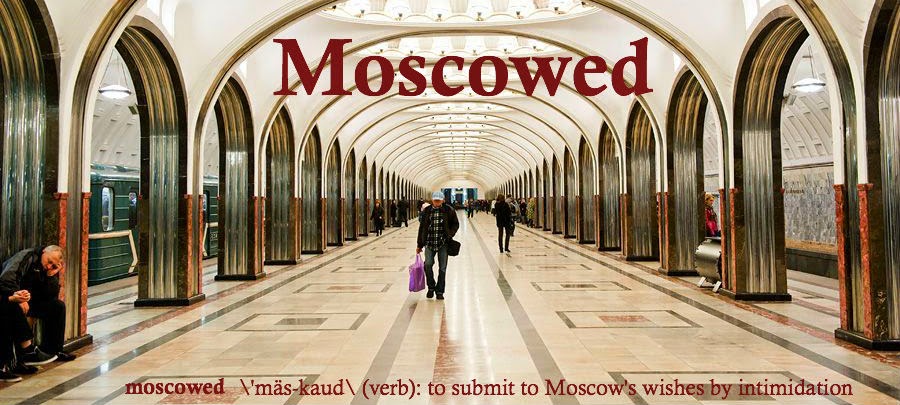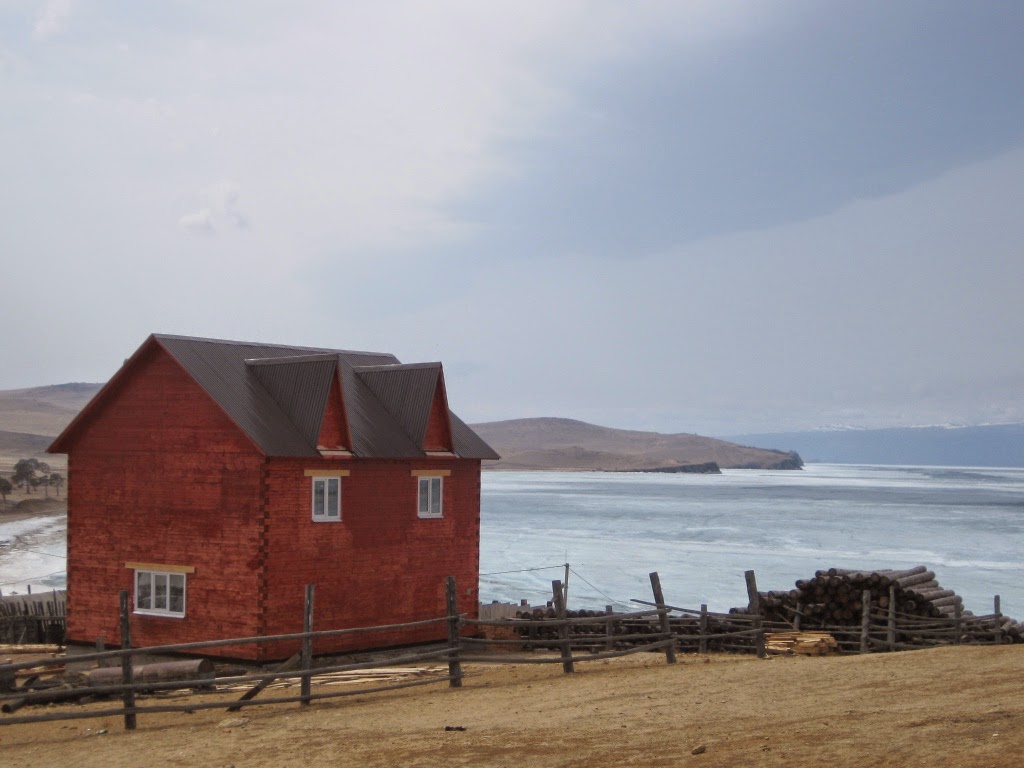Sometime before leaving Ekaterinburg, I made the unfortunate discovery that I had inadvertently booked
platzkart tickets for two legs of my journey. While I’m sure third-class is fine, an open carriage with 54 beds is not ideal for someone worried about losing their laptop and who would be in a world of pain if she were to be separated from her passport (in a Catch-22 Joseph Heller would approve of, I wouldn’t be able to leave the country without my Russian visa, but I
also wouldn’t be able to get a new one without leaving Russia).
The train ticket offices always have long lines and you can never tell which line will move quickly or which one will get bogged down with a foreigner trying to make an exchange, so I got myself to the
vokzal two hours before my train was scheduled to depart. After 30 minutes of waiting, I explained my mistake to the woman at the ticket office. She listened patiently, then went through the very tedious process of changing my tickets. An additional 40 minutes and 5300 rubles later, I had corrected my mistake and was ready to roll. But with 50 minutes until departure, I decided to stop by a
produkti and a Subway for railway victuals.
By the time I made my way over to train № 044 bound for Khabarovsk, there were only 20 minutes until departure and I was fully ready to throw off my backpack and tuck into my Subway sandwich. But the train attendant wasn’t as eager to make that happen.
“
Devoshka, your ticket doesn’t match the name on your passport. I can’t let you on this train.”
I looked at her in horror, hoping I’d misunderstood; it was way too late to get a new ticket if she were correct. She pointed at my ticket, indicating where it had been issued for Джесика (the equivalent of “Jesica” instead of “Jessica”).
“But it’s a different alphabet. It doesn’t matter how you spell my name in Cyrillic! Look at all my visas. They make up a new spelling every time. Caroline is written as Керолин, Каролин, and Кэролайн—all in one passport!”
She nodded with faux compassion. “But we’re talking about your first name. And it’s always spelled with two S’s.”
She flipped through my collection of visas to prove her point, not batting an eye as my Russian migration card caught the wind and blew under the train. My panic briefly shifted focus. Abandoning the one vs. two “S” debate, I dove under the train (30 lb. backpack and all) to retrieve that small, but important square of paper. “I can’t exit the country without this,” I explained to the attendant, with a rare burst of grammatical accuracy.
The train attendant was unmoved. “Then you should probably be more careful with it.”
I decided to ignore that comment and focus on the larger issue at hand. “Can I please get on this train?”
She sighed and called over her supervisor and another train attendant. After much back and forth, the trio finally concluded that it was unlikely I had stolen the ticket from an unwitting “Jesica” who just so happened to share the same unhyphenated double last name and passport number as me. Which means I am safely in Novosibirsk!
 |
| Are we sensing a theme here? |




























